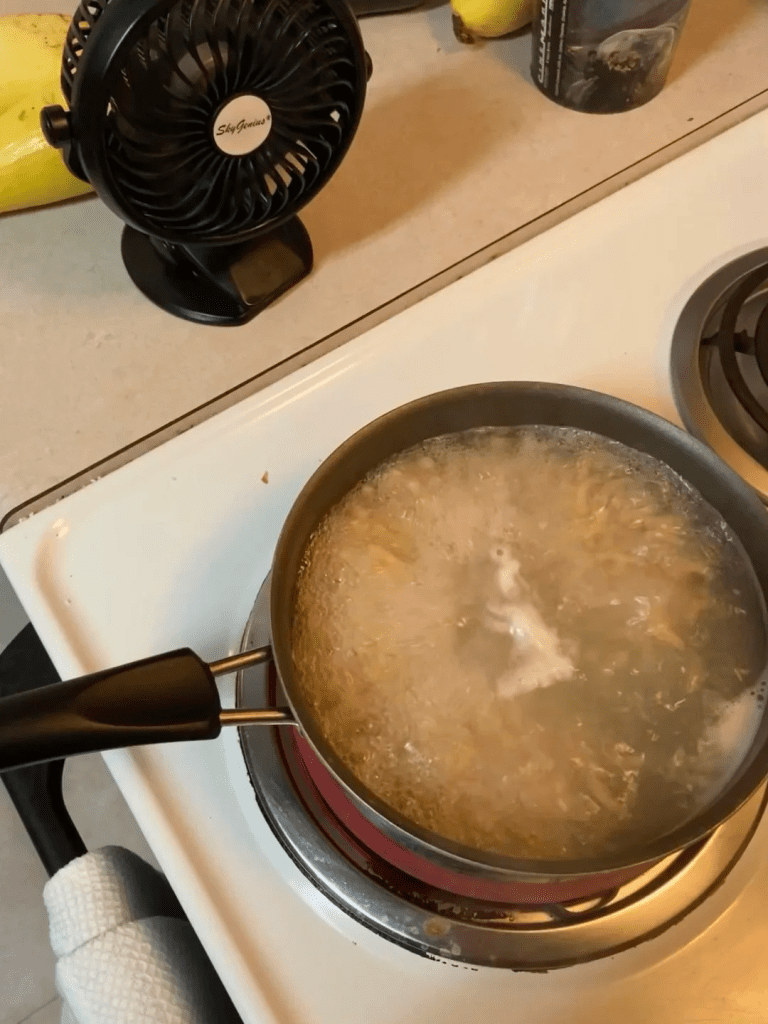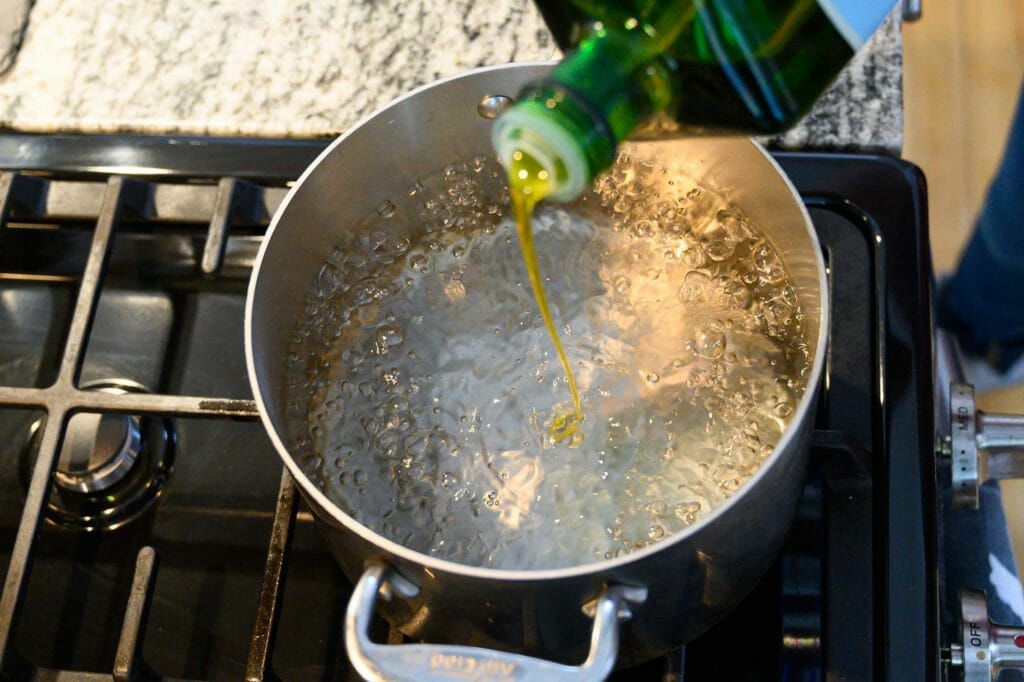The age-old question of whether to add oil to pasta water has been debated by home cooks and professional chefs alike. While the traditional approach suggests that oil can prevent sticking, modern culinary insights reveal that this practice may actually do more harm than good. In this comprehensive guide, we’ll explore the pros and cons of adding oil to pasta water, as well as share alternative techniques for achieving perfectly cooked noodles every time.

The Traditional Perspective on Adding Oil to Pasta Water
Historically, adding a splash of oil to the pasta cooking water was a common practice. The belief was that the oil would create a thin, protective layer around the noodles, preventing them from sticking together during the cooking process. This method was particularly popular before the benefits of proper stirring and using ample water were fully recognized.
The Drawbacks of Using Oil in Pasta Water
However, as cooking techniques and knowledge have evolved, most culinary experts now advise against adding oil to pasta water. Here’s why:
1. Compromised Sauce Adhesion
While oil may help prevent some sticking, it can also create problems when it comes to sauce absorption. The oil can leave a slick coating on the pasta’s surface, making it harder for the sauce to cling and adhere properly. This results in a less flavorful, less cohesive final dish.
2. Altered Pasta Texture
Without the added oil, the pasta’s surface remains slightly rougher, which actually helps sauces and other toppings stick better. The improved texture enhances the overall flavor and consistency of your pasta dish.
3. Unnecessary Complication
With proper cooking techniques, such as using a large pot with plenty of water and stirring regularly, the need for oil to prevent sticking is largely eliminated. Adding an extra ingredient like oil can complicate the process without providing significant benefits.
Alternative Techniques for Perfectly Cooked Pasta
Instead of relying on oil, there are several alternative techniques that can help you achieve perfectly cooked pasta every time:

1. Use Ample Water
Ensure you use a large pot with 4-6 quarts of water per pound of pasta. This gives the noodles ample room to move freely and prevents them from sticking together.
2. Stir Regularly
Frequently stirring the pasta during the cooking process helps ensure even cooking and prevents clumping.
3. Season the Water
Adding salt to the boiling water not only enhances the pasta’s flavor, but it can also help prevent sticking.
In the end, the consensus among modern culinary experts is clear: Adding oil to pasta water is an unnecessary step that can actually detract from the overall quality of your dish. By focusing on proper cooking techniques, such as using plenty of water, stirring regularly, and seasoning the cooking liquid, you can achieve perfectly cooked pasta without the need for oil. Embrace these alternative methods and enjoy pasta dishes with superior texture and flavor.


